We are a Cancer consultations company, so we will begin with a straight, honest disclaimer. No diet can magically prevent Cancer completely.
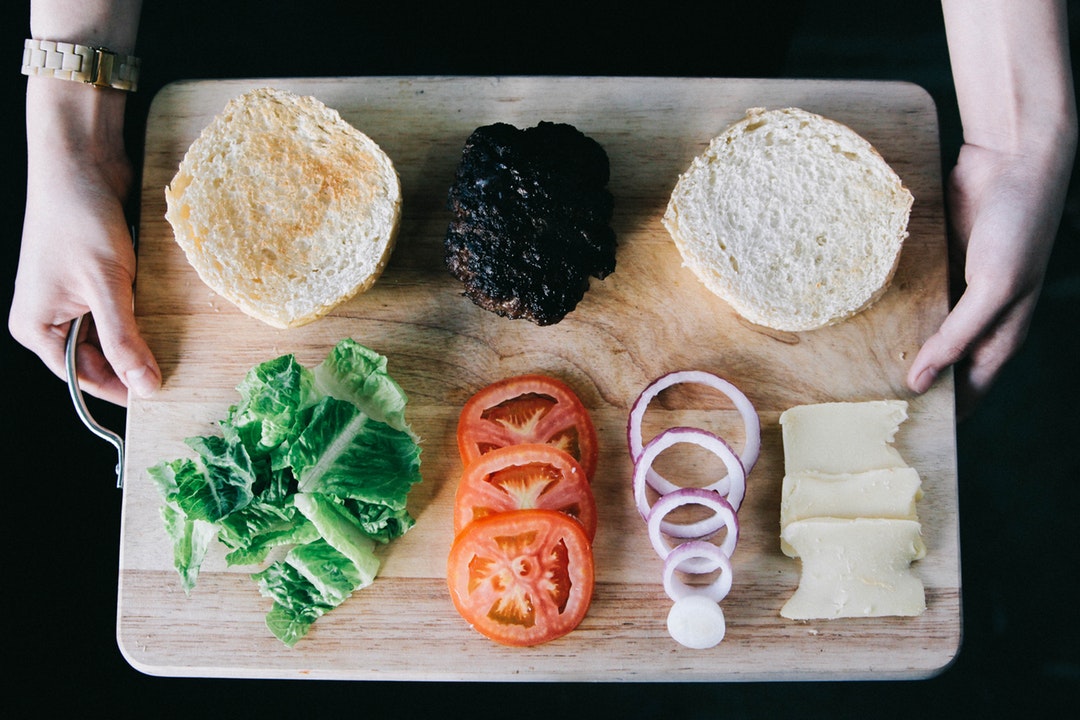
But it is also true that there are multiple food groups, which if consumed in the right proportions, can lower the riskassociated with developing Cancer. And adopting such a diet will ensure that you cook more at home, and eat out less.
So as an additional benefit, cutting down on takeaway foods/eating out, is easy on your pocket too!
What’s the point in talking about a cancer prevention diet?
We already know that certain controlled dietary habits are critical to patients who are currently undergoing treatment for Cancer. As patients, they need to maintain their physical and mental well-being and augment it with a healthy lifestyle. But adopting a minimum-risk routine can be beneficial on multiple levels for regular, healthy people too! By consuming foods that support your immune system, improve your metabolism and maintain your stamina – your body will be better equipped to fight not just Cancer, but a host of other diseases.
How do you link food to cancer?
We have established that Cancer occurs as a result of multiple genetic mutations, which in turn happen due to a combination of risk factors comprising both your genetics and your environment.
But despite the ambiguity of cause, modern science leads us to believe that you control nearly 70% of your lifetime risk of developing Cancer.
How?
By limiting what you eat, by limiting your exposure to cigarette smoke/alcohol, maintaining optimal body weight, getting the right kind of exercise. Among these factors, switching over to a healthy diet is a key component, and it is a strategy that you can adopt today. Now.
Before we begin enlisting food groups though, it is important to grasp this one simple principle.
To prevent Cancer, we have to stop looking at the food groups for direct cause-to-effect comparisons, and focus instead on those food groups that can have aconsiderable influence in lowering Cancer risk.
The basics
Your typical cancer-preventive diet, will consist of fruits laden with antioxidants, a lot of green vegetables, whole grains, beans, nuts and other healthy fats. We will attempt to cut down on the amount of processed foods, fried foods, trans fats, refined sugar, refined oil and refined carbs that you consume.
A for antioxidants
Contrary to what advertising will lead you to believe, the concept of antioxidant-rich foods predates us. We always had access to plant-based foods, and they are usually very rich in these substances called antioxidants. What do antioxidants do? They boost your immune system, and stay on the fence against Cancer cells. How do antioxidants from different food groups affect the risk of specific Cancer types? Let us find out.
 Photo by Brooke Lark / Unsplash
Photo by Brooke Lark / Unsplash
- A diet that is high on fruits, will lower the risk of developing Lung Cancer and Stomach Cancer.
- Consuming vegetables that contain Cartenoids – like Brussels Sprouts and Carrots – will largely lower the risk for Lung, Mouth, Larynx and Pharynx Cancers.
- Vegetables with low starch content, such as Brocolli, Spinach and Beans, help lowering the risk of Stomach Cancer and Esophageal Cancer.
- Oranges, Bell Peppers, Blueberries, Strawberries, Peas and Green (Dark Green) Leafy Vegetables like Brocolli, Spinach, etc are rich in Vitamin C, and they go a long way in reducing the risk of Esophageal Cancer.
- Tomatoes, Guavas, Watermelons and other foods high in Lycopene lower the risk of Prostate Cancer.
Developing a cancer-preventive meal plan
For those of us who like the idea of developing and adhering to a time-bound routine for food, this is one of the simplest meal plans to consume the right preventive foods at the right time.
Breakfast
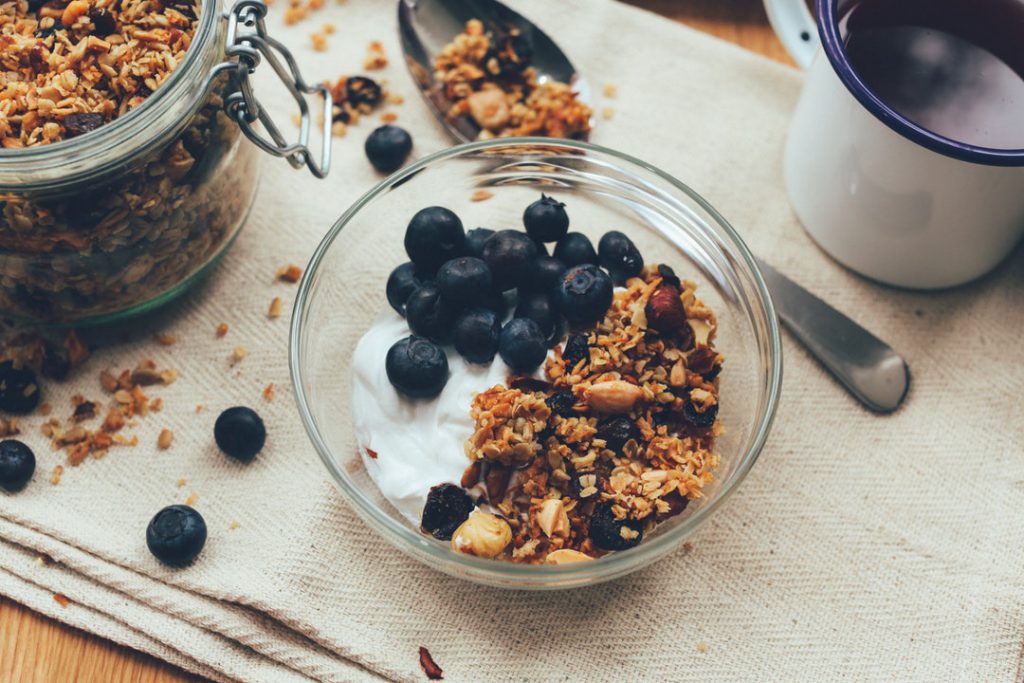
Consume a combination of fresh fruits, seeds & nuts with a whole-grain, low-sugar breakfast cereal, such as rolled oatmeal.
Lunch
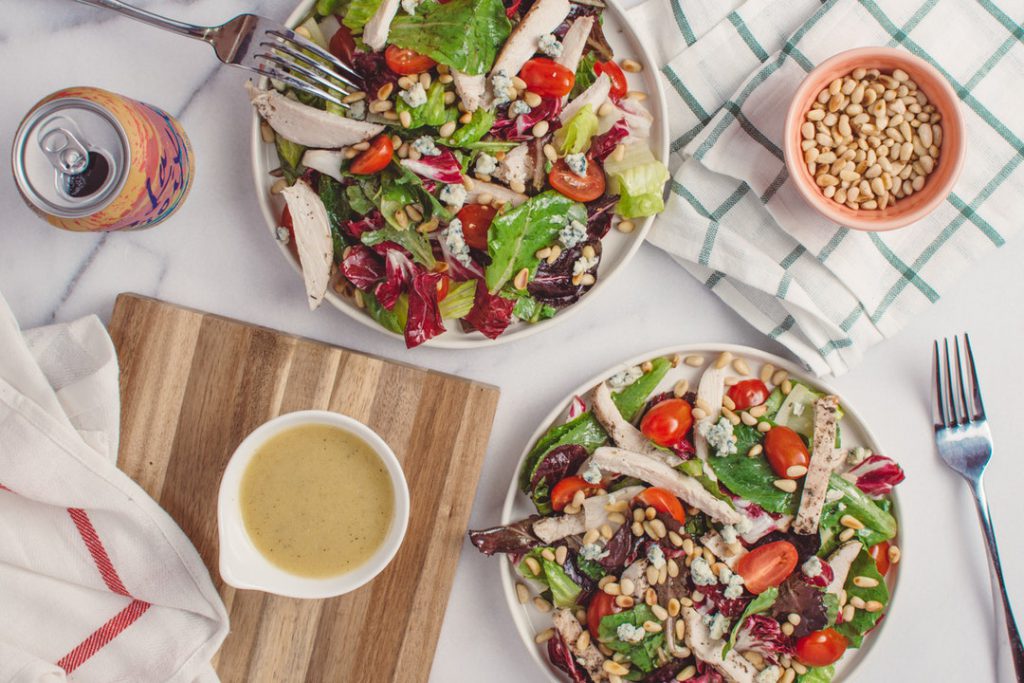
Photo by Travis Yewell / Unsplash
Opt to eat a salad/sandwich full of vegetables such as tomatoes, lettuce, avocados, with healthy fillings such as grilled lean meat (chicken) or vegetable protein sources such as beans, peas, etc.
Evening snack
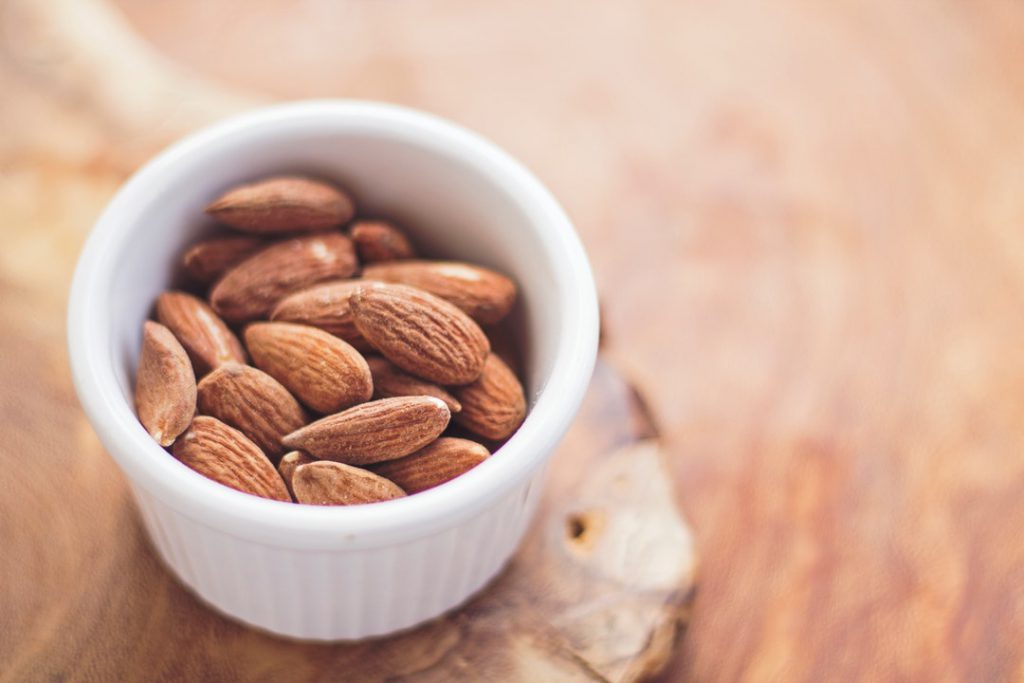
Photo by Juan José Valencia Antía / Unsplash
Stock up on portable fruits, such as Bananas and Apples. Dip & eat carrots, Cucumbers, Celery and Bell Peppers with Hummus. Carry a dry-fruit and nuts trail mix that you can munch on the go.
Dinner
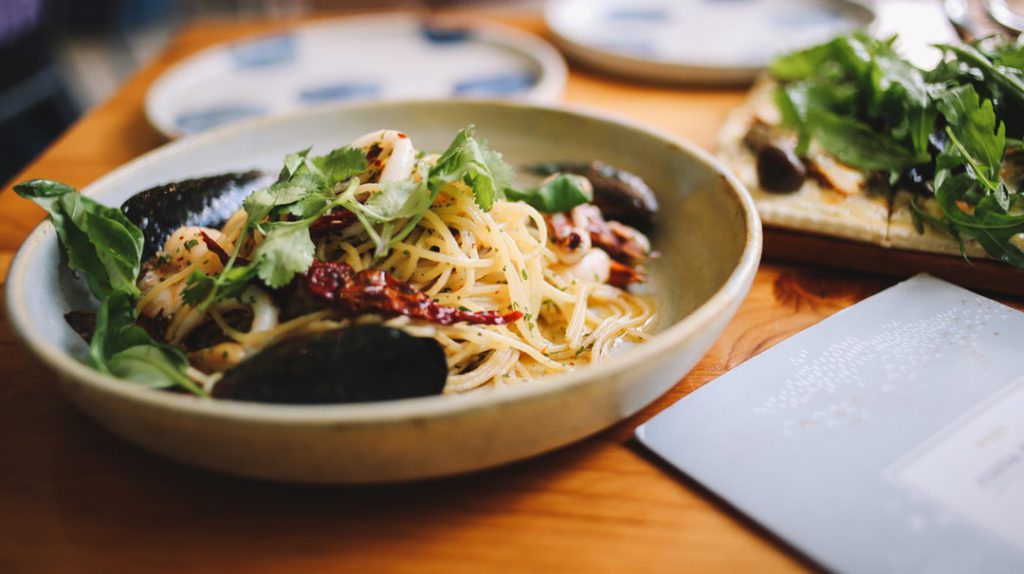
Photo by Carissa Gan / Unsplash
Stock up on portable fruits, such as Bananas and Apples. Dip & eat carrots, Cucumbers, Celery and Bell Peppers with Hummus. Carry a dry-fruit and nuts trail mix that you can munch on the go.
Dessert
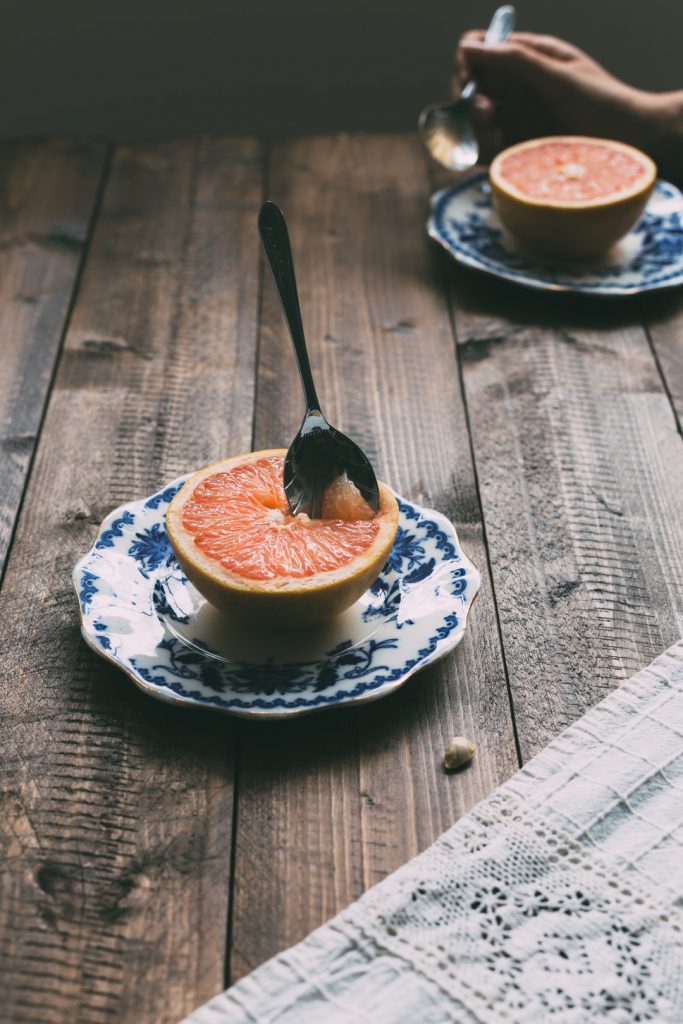
This one is the simplest. Always fruit, never sugar.
Food groups & their effects on cancer-risk
As mentioned above, it is more important to keep in mind the incremental/detrimental effects that particular food groups have on the risk associated with developing specific types of Cancer, rather than focusing on questions like ‘Can this prevent Cancer/Can this cause Cancer?’ In this segment, we are exploring different food types and how they affect your chances of developing site-specific Cancers.
Fibres : Eat more
Fruits, Vegetables and Whole Grains are high in fibre content, and keep your digestive system clean and healthy. Fibre ensures that potentially Cancer-causing compounds and other toxins move out of your digestive tract before they can seriously harm you. Eating a fibre-rich diet is helpful in reducing the risk for Colorectal Cancer and other common cancers of the digestive tract, including but not limited to Stomach Cancer, Mouth Cancer and Pharynx Cancer.
Healthy, unsaturated fats : Say yes
Not all fat is bad fat. Healthy fats (unsaturated fats) such as ones found in nuts, fish, olive oil and avocados are great for your body. Omega-3 fatty acids are found in Salmon, Tuna, and Flaxseeds. Healthy fats help in fighting against inflammation. Such unsaturated fats are great for reducing your chances of developing many Cancers of the digestive system and the brain.
Trans fats, saturated fats : Avoid
Most packaged and fried food items such as cookies, muffins, Pizza dough, french fries, fried chicken and other deep-fried products contain trans fats and partially hydrogenated oils. They are responsible for artery clogging, and for making your body’s digestive and excretion systems less effective, leaving you prone to the dangers of developing Cancer.
Sugar, refined carbohydrates: Say no
Most refined carbohydrates are known to cause rapid spikes in blood sugar levels, which has been linked to an 88% increased risk of developing Prostate Cancer and other serious ailments. Try to replace sugary foods, white bread and processed snacks with multigrain bread, brown rice, bran cereal and non-starchy vegetables. Avoiding refined sugar and carbohydrates are very effective in lowering the risk of Prostate and Colorectal Cancers.
Red meat, processed meat: Consume in moderation
While protein is great for the body and should form a majority of your palate there are different studies linking Cancer risk with processed meats such as Bacon, Salami, Sausages, Pepperoni, Kebabs and Cutlets.
Eating about 50 grams of processed meat and red meat every day, increases the chance of developing Colorectal Cancer by about 20%
Many processed red meats use preservatives such as nitrates, which can increase your Cancer-risk multifold. As a safe rule, processed meats and red meats should never exceed 10% of your daily calorie intake.
Home-cooking your meals, the right way
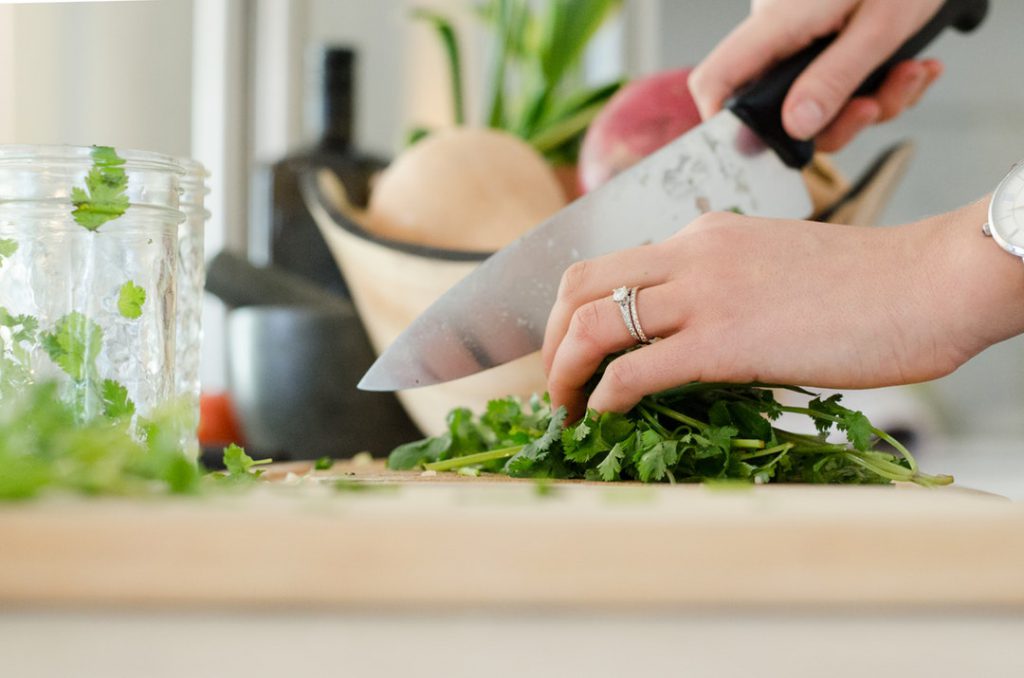
Photo by Alyson McPhee / Unsplas
Above, we have covered the basics of what you should and should not consume, in order to remain focused on not developing Cancer. But there are other benefits of adopting a healthy, home-cooked food regimen, such as the obvious financial boost, because the processed/retail food industry operates on staggering food margins.
Wait, let’s say that again.
Unbelievable profit margins
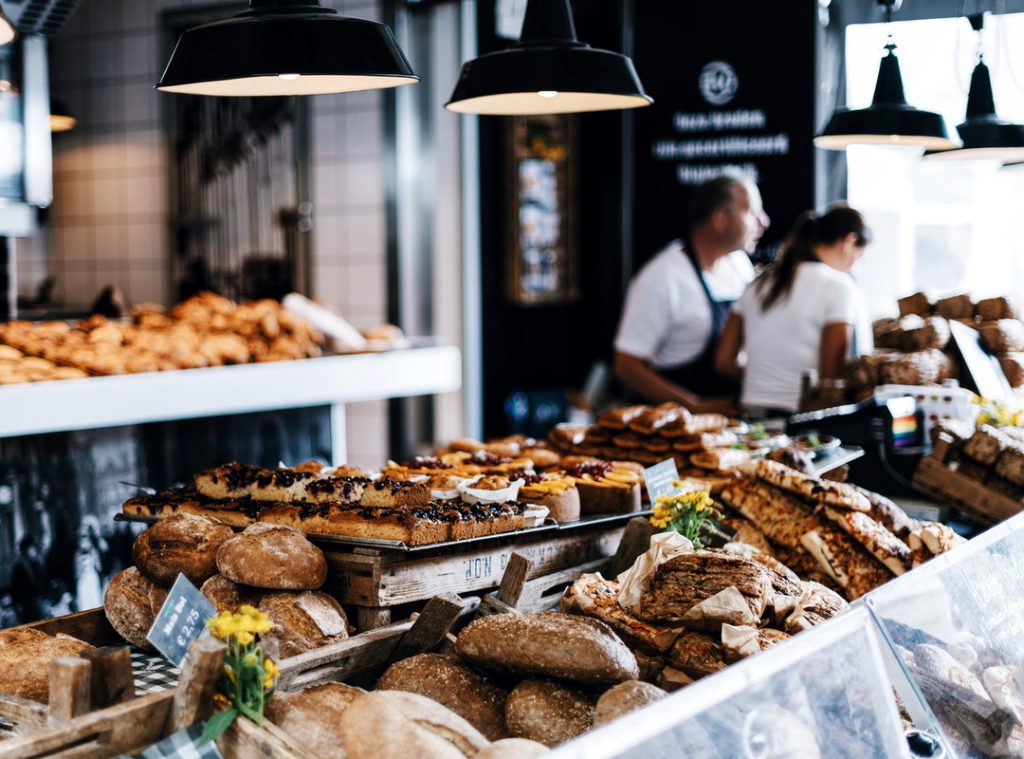
A restaurant or a takeaway/drive-in is easily charging you 10X-20X the actual cost of preparing your food.
Stop paying someone else to give you food that is increasing your risk of developing Cancer.
Switching over to home-cooked food as compared to eating out or ordering takeaway, can easily cut down your food spends by 30-40%, if done well.
Besides the monetary benefits, there are certain hacks that allow you to maximise the benefits of home-cooking. We have presented some tips on the same below.
Boosting your food’s anti-cancer properties
- Fruits : Eat raw. Uncooked, raw fruits have the highest amounts of antioxidants, vitamins and minerals.
- Vegetables : Cook less. Steam your vegetables, only till they become tender. This lets them preserve most vitamins which can otherwise get washed away during the cooking process. When boiling vegetables, try to use the cooking water as a stew/soup to consume those nutrients.
- Spices: Use generously. Many base spices, such as Ginger, Garlic, Turmeric, Basil, etc have great flavours and even greater immunity-boost mechanisms. Use spices liberally for your Meals, Soups and Salads.
Cutting down on carcinogen formation
Carcinogens are basically substances that can cause Cancer. And you don’t always have to add them manually. Remember Ajinomoto? You can keep that stuff out. But sometimes, carcinogens form during the cooking/preserving process. And even fermentation can lead to the formation of carcinogens. How to avoid it?
- Avoid mold in your food. Most molded food contains Aflatoxin, which is a common carcinogen.
- Avoid “Cured” meats such as Sausages and Salami
- Avoid eating “smoked” foods and burnt meat items
- Avoid using ingredients that have most likely fermented, such as dairy products that more than a day old
- Never re-use oil.
A lot of eateries and on-the-go retail food outlets keep re-using cooking oil, which is a great way of inviting carcinogens. Always use fresh cooking oil.
Reducing your exposure to carcinogens in the kitchen
The last puzzle piece of eating well and cooking right to avoid Cancer, is to avoid your exposure towards carcinogens in the kitchen. Exhaust smoke, oil fumes, baking fumes etc can carry potent cancer-causing agents into your body and if you are doing everything else right, it makes sense to cover your bases in this arena too. Here are some best practices that you can start following today:
- Don’t use too much heat to cook oils. Oils and fats (such as butter) have a lesser chance of turning carcinogenic when low-heat is used.
- Don’t deep-fry. Choose to boil, broil, steam or bake.
- Avoid using a barbeque at close range. When meat burns, its fumes are carcinogenic. If you must use a barbeque, take care that you never overcook your meat on it.
- Store all oils in air-tight containers. Oils can become rancid with increased exposure to heat or light.
- Use microwave-safe containers only, when using a microwave to cook.
Thanks for reading!
Found this article helpful? Share it on your social feeds with your friends, family and loved ones. Send it over on a WhatsApp thread, maybe. But most of all, write to us, let us know how much you ended up saving on your restaurant bills and exactly how good you feel about your new food habits!
You can write to us at team@onco.com.


